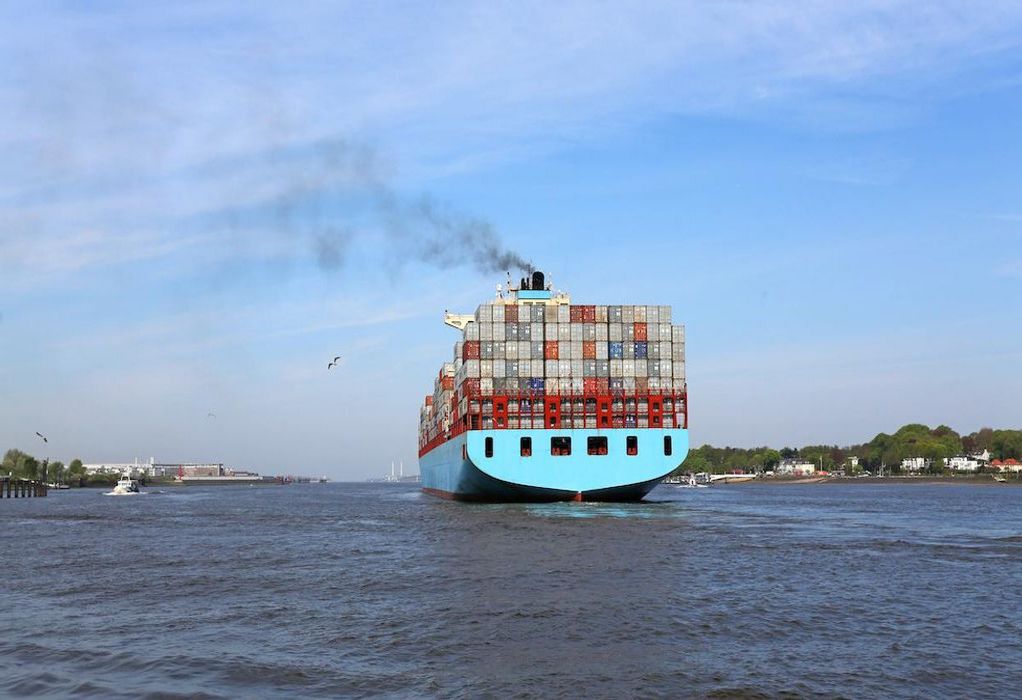A new report has revealed that while it is possible for scalable zero-emission fuels to make up 5% of international shipping fuels by 2030 – shipping’s breakthrough target – the window of opportunity will close soon, and rapid action is required from the industry.
The report named “Climate Action in Shipping, Progress towards Shipping’s 2030 Breakthrough” was published by the University Maritime Advisory Services (UMAS), Getting to Zero Coalition, and Race to Zero.
According to the report, zero-emission fuel production currently in the pipeline could end up covering just a quarter of the fuel needed to deliver the breakthrough. However, if more projects are successful, zero-emission fuel production could be up to twice as much as is needed, even when accounting for other sectors’ fuel needs.
On vessels, the picture is less rosy. Despite headline-grabbing orders for methanol-fuelled ships, continuing the current trajectory of orders might only deliver one-fifth of the needed vessels to achieve the breakthrough target.
Major progress has been achieved with the adoption of an ambitious GHG emissions reduction strategy by the International Maritime Organization (IMO), which will be followed in 2025 by the adoption of concrete global measures to achieve the strategy’s goals. Because these measures are to be implemented after 2027, industry and national governments will need to make concerted, immediate efforts to stimulate supply and demand in the intervening period and ensure that the industry is prepared to deliver on the IMO strategy before 2030.
Launched in conjunction with the Global Maritime Forum’s Annual Summit in Athens, the report assesses progress towards the goal of having scalable zero-emission fuels account for 5% of international shipping fuels by 2030. This is the threshold needed to rapidly scale the uptake of such fuels and achieve full decarbonisation by at least 2050.
Notably, the recently revised IMO strategy includes a new level of ambition and sets an important target of at least 5% – striving for 10% – uptake of zero or near-zero GHG emission fuels by 2030.
The report indicates that financing for achieving the breakthrough is partially on track, with the amount of shipping finance covered by the Poseidon Principles surpassing $200bn and the climate alignment of these investments improving from 4% to 6% on a weighted average basis.
Tags: Shipping Industry, UMAS, Zero Emission

Recent Posts
IHI admits improper alteration of data over 4,000 marine engines
Shipowners welcome 40% production benchmark
MPCC opts for 2 methanol dual-fuel ships
WinGD to debut short-stroke engine design
MarineDOT cuts fuel consumption by 100,000 gallons using ABB technology
CMA CGM invests $214m in shipping decarbonisation
SEB adds shipping to 2030 net zero target
MB Shipbrokers and Azolla create decarbonisation solution